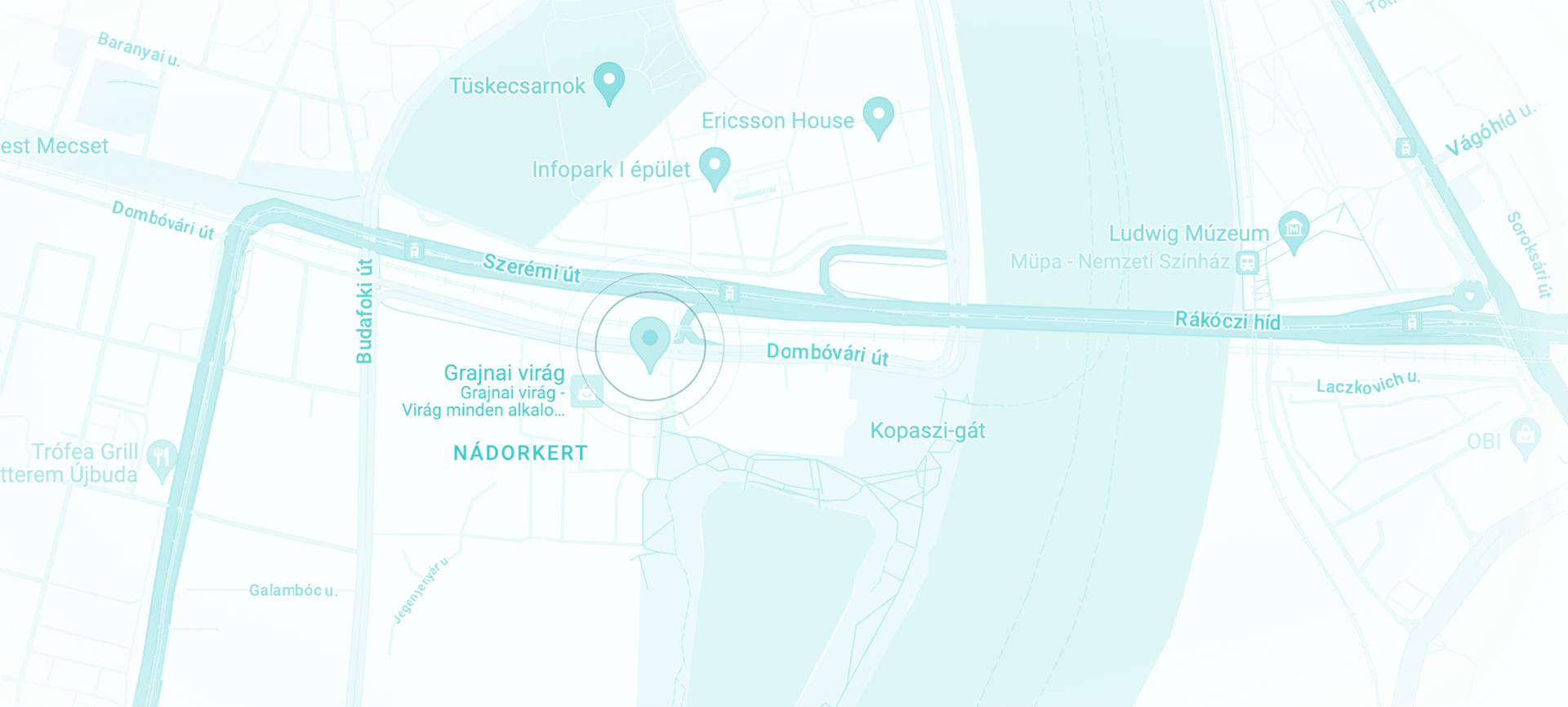
Scam calls targeting Chinese nationals in Hungary
Over recent months, a widespread scam operation has been targeting Chinese nationals living and working in Hungary: you will receive a phone call from a Hungarian mobile phone number where an automated voice will be talking to you in Chinese. It is best to just disconnect these scam calls. Read on to learn how to protect your personal information.
Over recent months, a widespread scam operation has been targeting Chinese nationals living and working in Hungary: you will receive a phone call from a Hungarian mobile phone number where an automated voice will be talking to you in Chinese. It is best to just disconnect these scam calls. Read on to learn how to protect your personal information.
Scam calls in Chinese
While these recent scam calls target Chinese nationals, anyone can receive such a call. In fact, spamming everyone with these calls seems to be just the first phase of the scam: the automated voice requires that you perform an action, and if the person called complies, they are identified as a target for further attempts.
For example, in one version, the automated voice claims they are calling from the Chinese embassy as they want to forward an urgent document to the person called, and this might have an effect on their Hungarian residency. Then the voice asks the target to press number 9 on their phone for details or to be connected to customer service. Of course, nothing will happen after pushing the button – besides the target now being identified as a person who speaks Chinese and is in Hungary with a residence permit, which can become the basis of further attacks.
What to do if you receive such a scam call?
People who do not speak Chinese usually simply hang up such calls because it is obvious they are not the intended target even if the call is not malicious. You should do the same even if you do speak Chinese.
Authorities, banks, utility providers, and embassies rarely make such calls. If they do, the call will be from a landline and not a mobile number. Additionally, it will not be an automated message but a human agent, and they will not ask for personal data. However, these organizations are more likely to send you regular mail or a message to your Ügyfélkapu inbox.
If the message has you worried, you should still disconnect the call. Then you can look up the phone number of the caller and call them back yourself. Watch out! Make sure to use a phone number received with the last verified communication, for example the last letter you received from the provider or authority in question. Do not simply look up the supposed caller on the internet and call the number listed there, since scammers can easily create a copy of any website and list a fake phone number there. Unfortunately, search engines cannot always differentiate between legitimate and harmful pages, so you should carefully check any URL you open.
If the call concerns your Hungarian residency, you can also contact your employer and ask if they have any information on the matter. Hungarian employers are usually directly involved in the work permit procedure, so they should be aware if there is an issue.
How do these scam calls work?
The most important aspect of these scams is to create some kind of urgency. They claim that you will lose your residency status, get arrested, get deported, or receive a fine if you do not act right now, and this kind of worry makes most people compliant. Then the scammers will ask you to submit personal information or money. Some typical scenarios include:
- Pay a debt or a fine (which does not actually exist)
- Submit your personal documents (in connection with the residence permit you have already received)
A simple way for scamming people is to say you have to pay a hefty fine right now, because if you pay later, it will be even more. Then the scammer will indicate their own bank account number as the recipient instead of a real organization.
Even if the fine or debt is small, you should not pay it right away. One method for stealing your data is redirecting you to a “dedicated” payment page where you can make an online payment with a bank card – and this way, the scammers can steal the data of you bank card and make bigger transactions later. Always check the URL of payment sites, and set up 2-factor authentication for your payments if possible.
If they are asking for your personal documents, they can be used later in various ways, either by impersonating you at your bank to transfer your money to their own account, or by impersonating you while committing other crimes.
Unfortunately, simply reporting the scam phone numbers to providers does not necessarily help. Such phone numbers are often spoofed, meaning that the numbers are faked by VOIP technology (Voice Over Internet Protocol). The call is not actually coming from a phone number, but the caller fakes a phone number using software. The phone number itself might be real, however, the scam call is not coming from its real owner but the scammer.
Helpers at your service
If you receive an automated voice call from an unknown phone number that urges you to comply with any request, it is best to just disconnect the call. If it got you worried, you can always make follow-up inquiries.
While Helpers cannot help you with scam calls, we do our best to support foreigners living, working, and doing business in Hungary. Thanks to our 20 years of experience, we can confidently offer help with business setup and residency application to both employers and employees. Should you need assistance, contact us anytime.
Did you like this article? Follow us on Facebook to never miss an update about business and residency in Hungary, or sign up for our monthly newsletter below.
Contact
Contact us today
Monday - Friday
9am - 5pm CET
Helpers Hungary Kft
Budapart Gate
Dombóvári út 27
Budapest 1117, Hungary
If you’re visiting us, please use entrance A and come to the 2nd floor.






